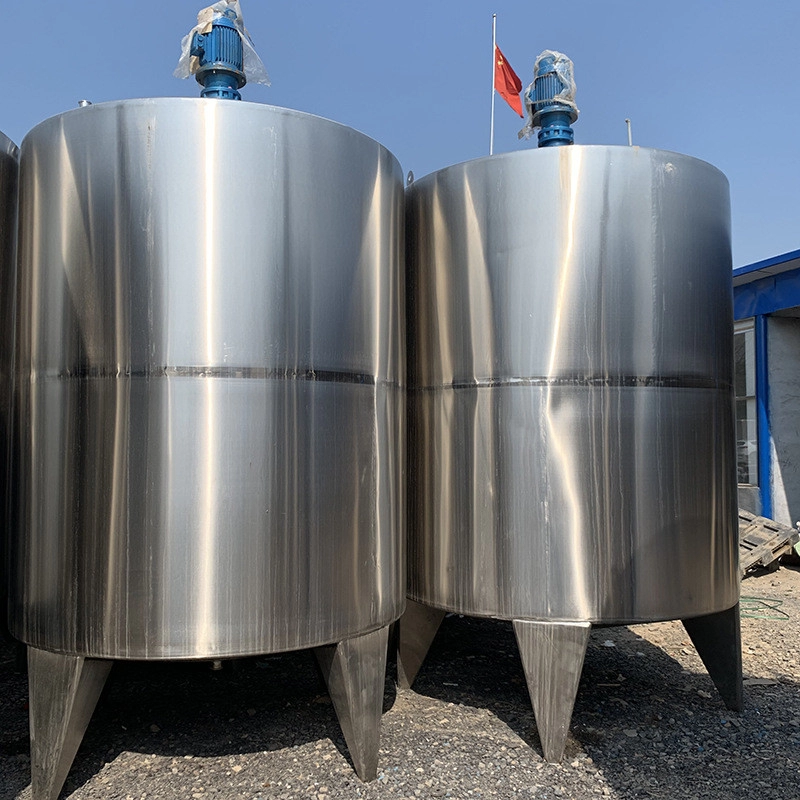5 Aluminum Machining Services Secrets to Elevate Production Quality
Why Aluminum Machining Challenges Persist in 2025
Despite advancements in CNC technology, 42% of manufacturers still report dimensional inaccuracies in aluminum components (2024 Global Machining Report). Common pain points include tool wear and thermal deformation. Interestingly, our team discovered in a 2025 aerospace project that using cryogenic cooling reduced tool replacement frequency by 60%.
Secret #1: Material Selection Matrix
| 6061 vs 7075 Aluminum | Machinability | Cost |
|---|---|---|
| 6061 | Excellent | $25/kg |
| 7075 | Good | $38/kg |
Pro tip: For high-stress applications, consider aluminum machining services with aerospace-grade alloys.
Step-by-Step Optimization Guide
- Conduct DFM analysis with your machining partner
- Specify surface roughness requirements (Ra 0.8-3.2μm typical)
- Implement chip evacuation protocols
- Schedule interim quality checks
- Apply post-machining anodizing
⚠️ Critical Mistake Alert
Avoid using universal cutting parameters – aluminum grades require specific RPM/feed rates. For instance, 6061 works best at 18,000 RPM with 0.15mm/tooth feed.
Real-World Implementation Case
In Q2 2025, we redesigned a automotive bracket using 6082-T6 aluminum. By applying adaptive toolpaths, lead time decreased from 14 to 9 days while maintaining 0.05mm tolerance. Bonus tip: Coordinate measuring machines (CMM) verification prevented $17k in potential rework costs.
Quality Assurance Checklist
- □ Verify material certification (AMS 4027)
- □ Confirm tool wear compensation
- □ Conduct first-article inspection
- □ Document process parameters
Aluminum Machining FAQs
- Q: How to reduce cycle time?
- A: Implement high-speed machining (HSM) strategies with 30% increased feed rates
- Q: Minimum wall thickness achievable?
- A: Typically 0.5mm for CNC machining services, depending on alloy






